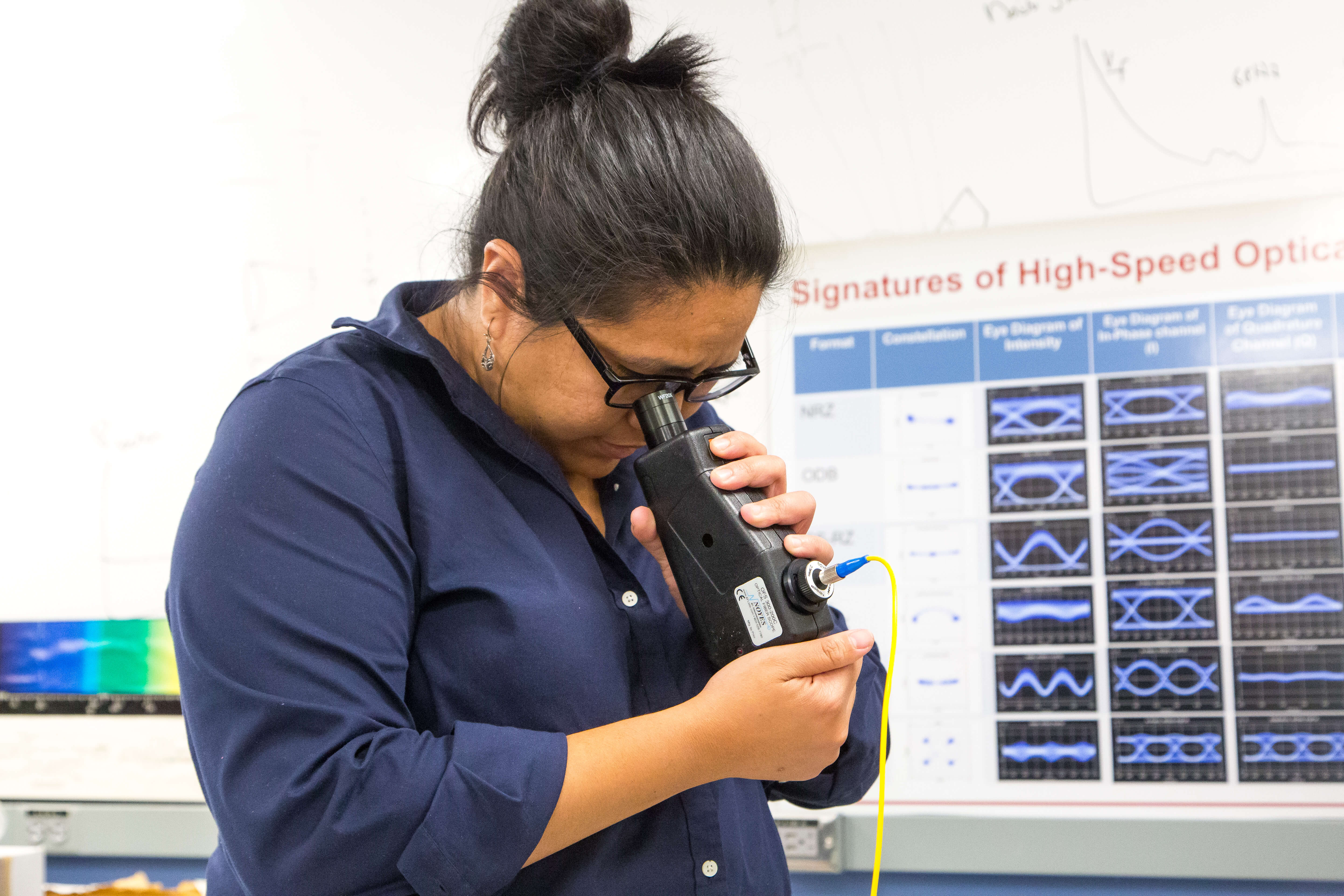As a resident of Colombia’s capital city of more than seven million residents, Sergio Sicard has access to high-quality doctors, specialists, and modern health care facilities. But he’s aware that at least four million of his country’s citizens don’t have the same amenities.
Sicard is a student in the Johns Hopkins Engineering for Professionals (EP) online and part-time programme. The EP programme offers 22 part-time and online Master’s degrees, 25 certificate programmes, and one Doctor of Engineering degree programme.
Sicard hopes that a system he developed as his final Systems Engineering project is a step toward changing that. His Mobile Telemedicine Unit, or MoTeU, promises to connect rural residents grappling with chronic health issues to doctors, laboratories, and medical centres using networking, satellite communications, audio and video conferencing, immersive communications and more.
“Rural residents of my country lack infrastructure in water, electricity, education and access to health care,” said Sicard, a systems engineering manager at Cisco. “I thought about how patients with chronic conditions can receive needed services without the need to travel long distances. That was the problem I was trying to solve.”
He began by delving into the conditions under which his system would operate: namely, Colombia’s tropical environment, comprising a range of temperatures and humid conditions.
Then, he conducted interviews with medical professionals and patients to find out what was needed. Lastly, he focused on the technical and communications capabilities that would be needed to connect patients with doctors and medical equipment.
The result is MoTeU, a system by which a patient in need of medical services is connected remotely with a physician via an audio and video data link, using a telemedicine unit. If the doctor needs basic information from the patient, such as blood pressure, heart rate, etc, the system’s medical sensors can send that information in real time. The care provider and the patient then continue this relationship at various intervals, depending on the patient’s needs.
In creating his system, Sicard integrated various already available commercial equipment, including routers, switches, wireless access points and IP-based audio and video, along with off-the-shelf portable devices such as mobile vital sign monitors and laboratories.
“The premise was to seek equipment that has software development capabilities, so the information gathered by such elements can be managed using application programme interfaces,” he said, adding that when selecting equipment, he also considered durability to ensure the integrity of all components while being transported over rivers, unpaved roads and other less-than-optimal conditions.
Because his system uses currently available, off-the-shelf technology, Sicard believes implementation of it is feasible and realistic. Sicard thinks it’s noteworthy that he was able to complete the entire Johns Hopkins Systems Engineering Master’s degree programme from abroad.
“I am not from the US, and am not based there, and yet, I was able to finish my MS degree and use the acquired knowledge to conceptualize a solution, using engineering and systems methodologies, that could benefit many,” he said.
Follow Johns Hopkins University – Whiting School of Engineering on Facebook, Twitter, YouTube, Instagram and LinkedIn.










